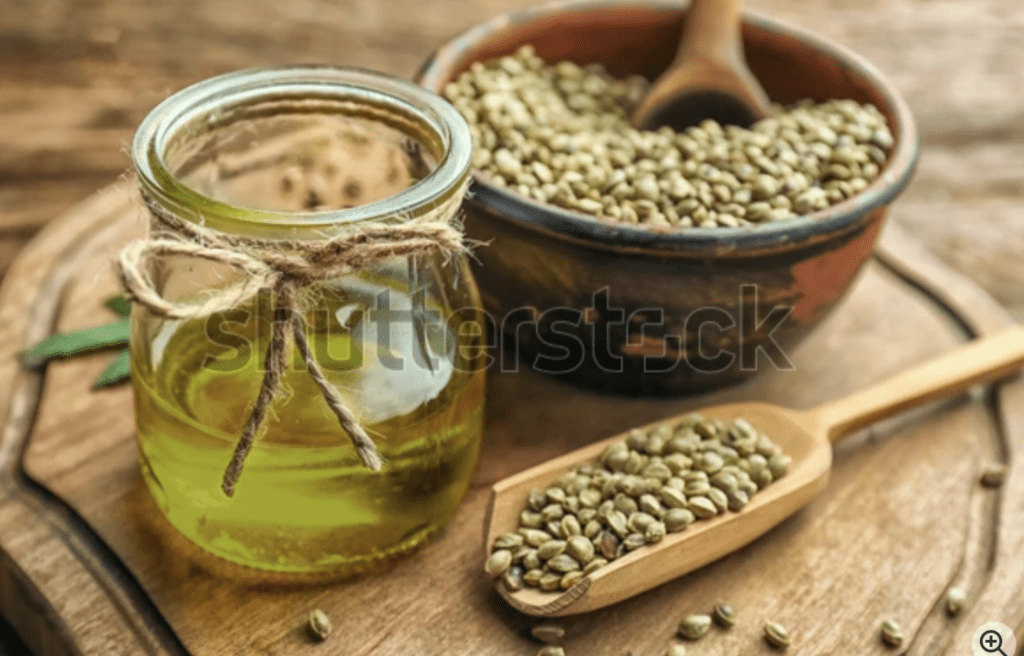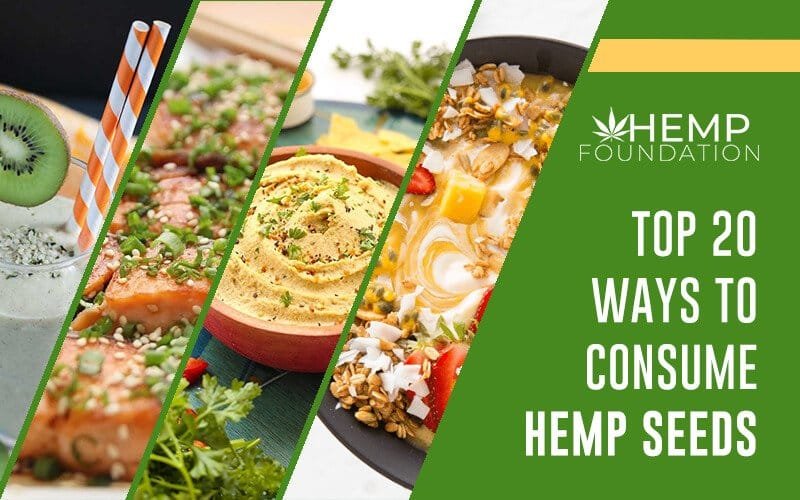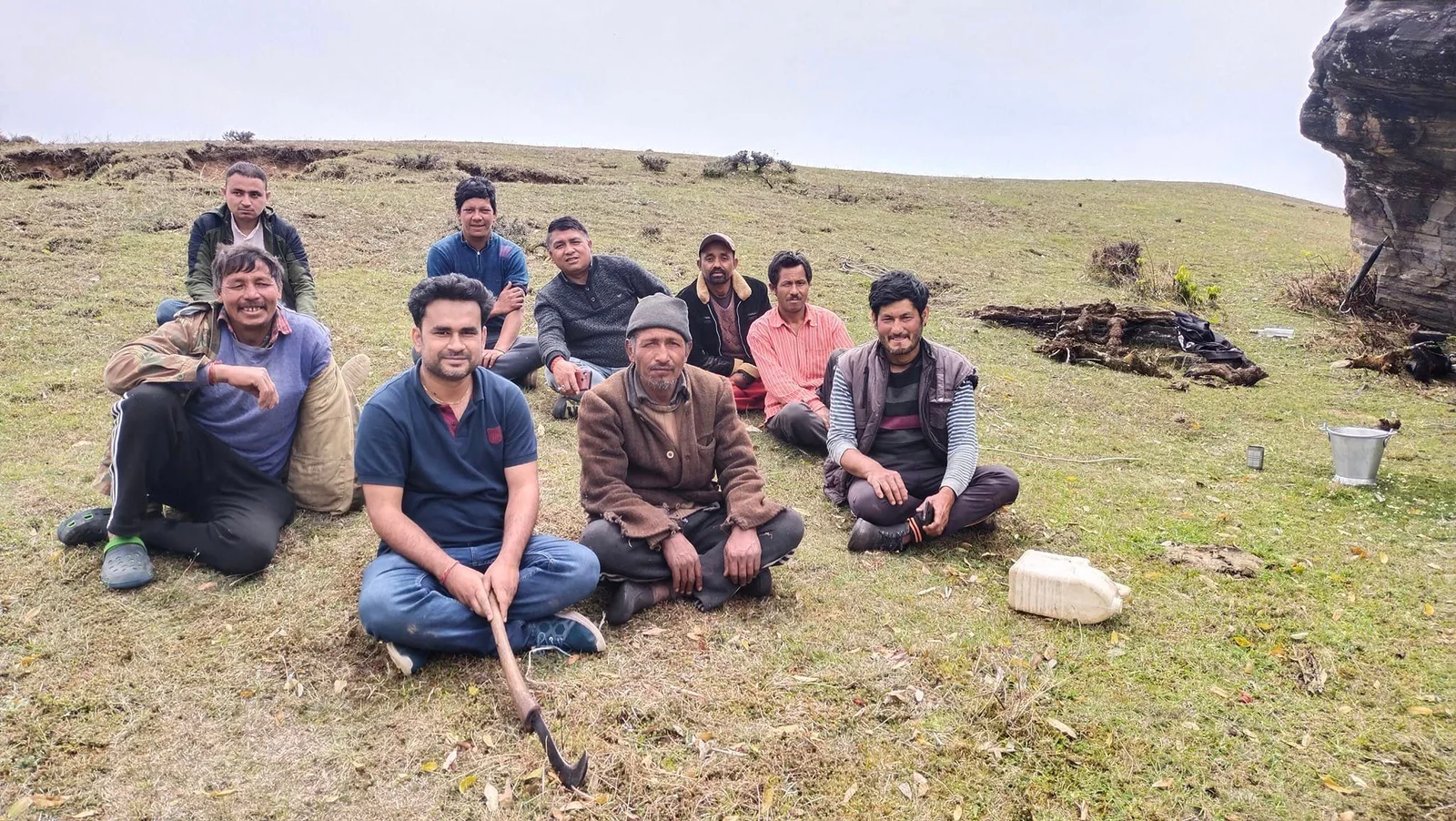Everything You Want to Know about Nutritional Profile of Hemp Seed Oil
Q1: How much oil content does hemp seeds have? Does the proportion depend upon the extraction process?
Ans: We took hemp seeds from Himalayan villages of Uttrakhand and extracted the oil using three different techniques to test the oil content. The techniques which we used are Super critical fluid based extraction, Soxhlet Extraction and Organic Solvent Extraction.
The oil content retrieved using SCFE Extraction was 37%, Soxhlet Extraction was 59.4% , Organic Solvent Extraction was 49.5%
The Soxhlet Extraction was the winner.
Q2: How much protein content is in Hemp seed?
Ans: According to a test report conducted by TERI for Himalayan Hemp seeds. The protein content is 29.3%
Q3: Composition analysis of Hemp seed oil using various oil extraction method?

Q3: What is the benefit of Saturated fatty acids in Hemp seed oil?
Saturated fatty acids were found to constitute 12.13 to 13.72% of the oil. Because of their saturated and stable bonds, which withstand oxidation, they are consumed as a supplement food for energy.
Q4: What is the benefit of unsaturated fatty acids in hemp seed oil?
Ans: Majority of the oil composition (around 85%) include unsaturated fatty acids, which are good for heart and cell growth.
Q5: What is the benefit of Essential fatty acids in hemp seed oil?
Essential fatty acids, belonging to ω-3 and ω-6 family, cannot be produced in
the human body itself. Due to their anti-clotting properties, these fatty acids are
employed for toddler growth and provide health benefits such as lowering the
chance of heart problems. It has been found that 68-70% of hemp oil is made up
of essential fatty acids. Further, it is distinguished from reported literature that
the hemp seed offers a unique oil, which possesses 3:1 (2.47:1 from current
data) ratio of ω-6 linoleic fatty acid (18:2ω6) to ω-3 α-linolenic fatty acid
(18:3ω3). It is the nutrition ratio that boosts hemp oil’s quality and makes it
more suitable for use as an essential oil for cell growth, heart health, and
immune system strengthening.
Q6: How the presence of γ-linolenic benefits the body?
Ans: Hemp seed oil contains a small amount of γ-linolenic (18:3ω6), which satisfies edible oil requirements of hemp seed oil (less than 4%). Its antioxidant, antibacterial, antiviral, antimicrobial, antifungal, anti-inflammatory, and antimicrobial characteristics support its status as a significant food source.
It benefits digestion and sleep quality while easing tension, discomfort, and anxiety. It serves as a natural moisturizing agent, softening the tissues of the skin. Additionally, it helps prevent cancer, promotes cardiovascular health, lowers blood pressure, and normalises cholesterol levels.
Q7: How the presence of Oleic acid (C18:1ω9) benefits the human body?
Oleic acid is a relatively prevalent fatty acid found in both animal and vegetable fats such as hemp oil in the current investigation that are consumed by humans.
Q7: Benefit of palmitic and stearic acids in hemp seed oil?
The production of soap and detergent, lubrication, and softening products frequently use palmitic and stearic acids. The current study showed presence of these two acids.
Given all these advantages of fatty acids, it can be said that hemp oil has the ideal balance of fatty acids for human health.





